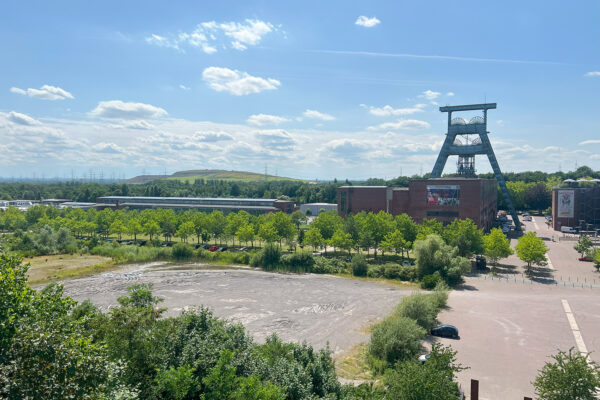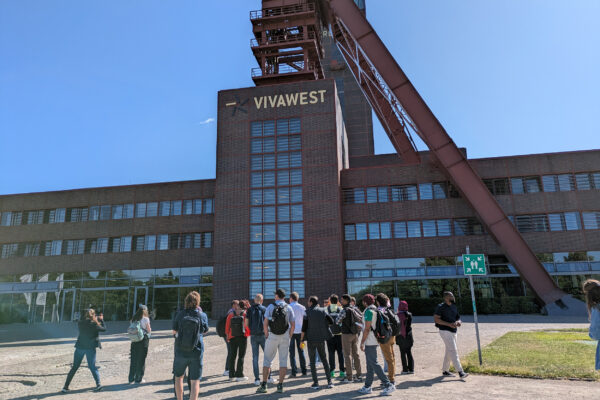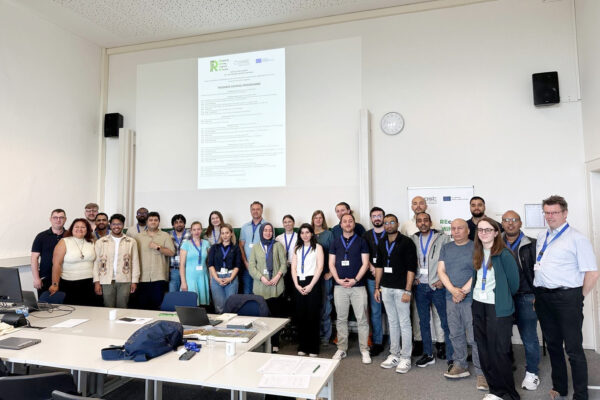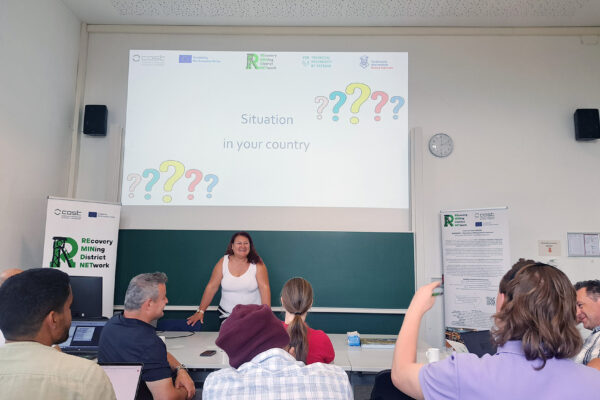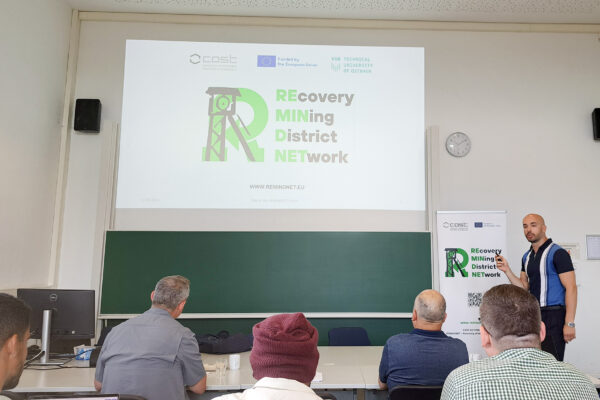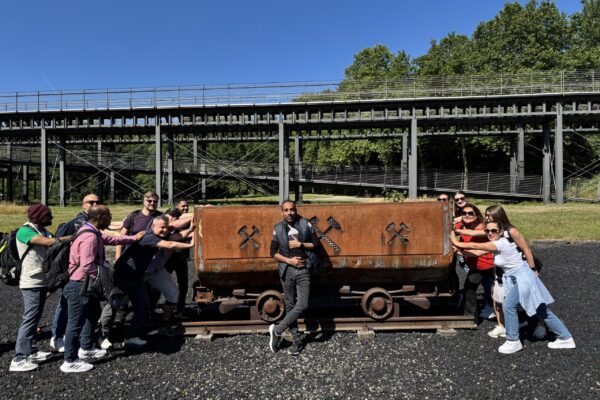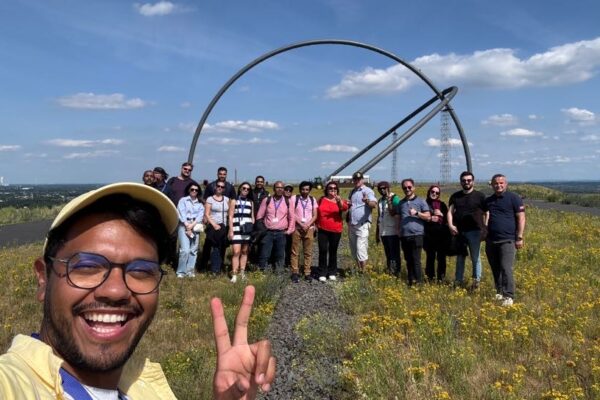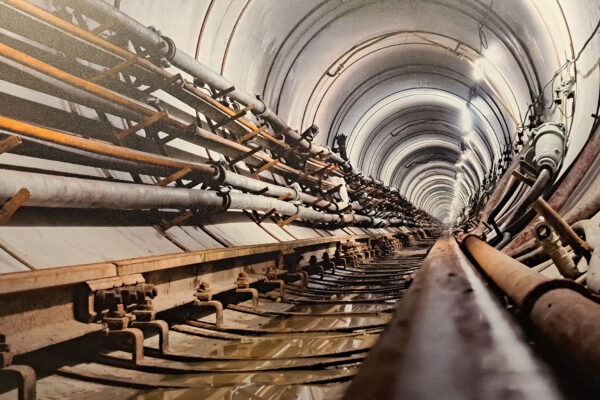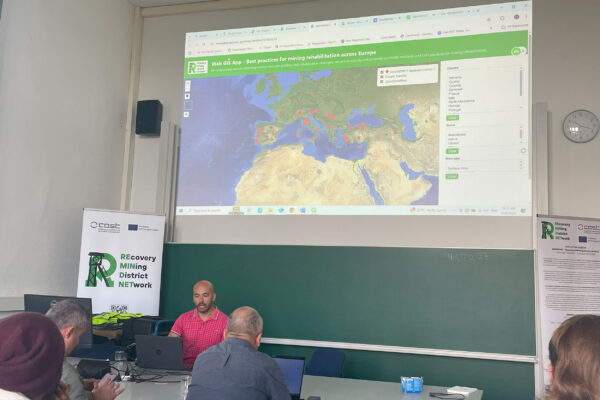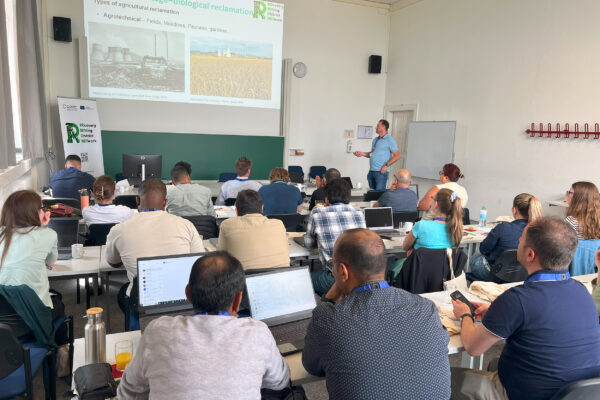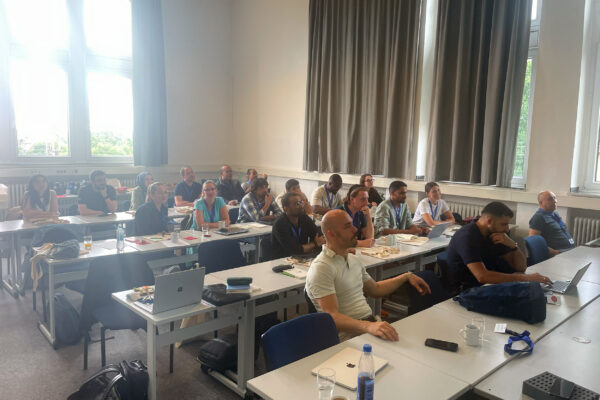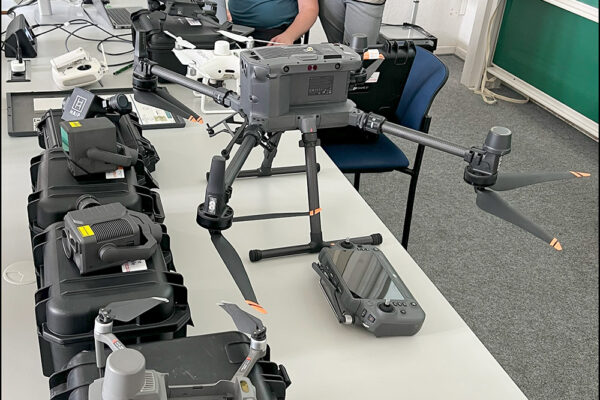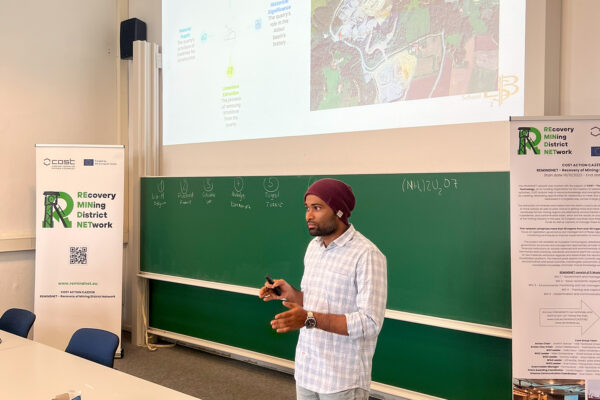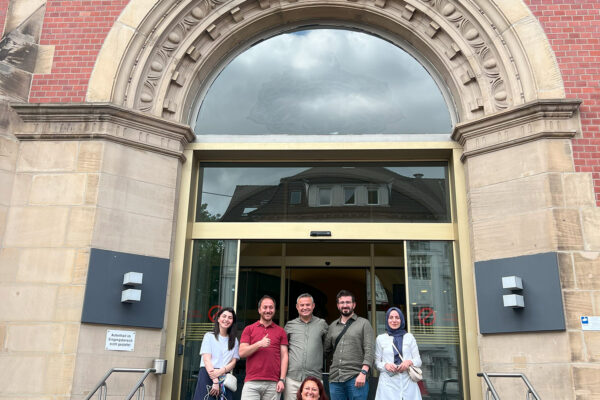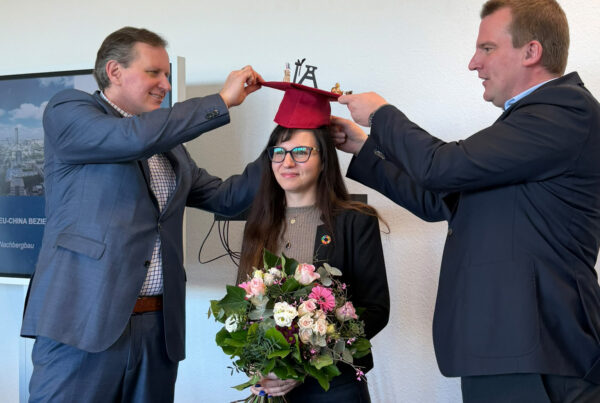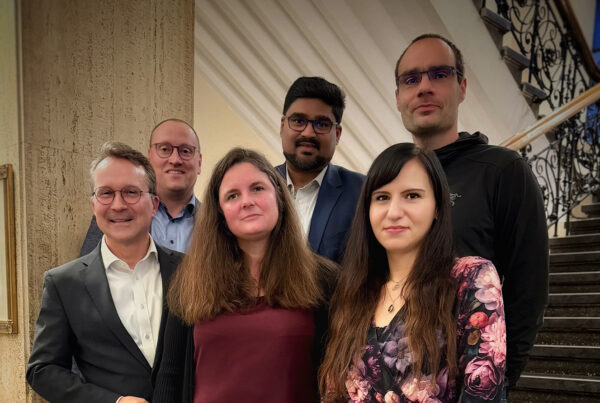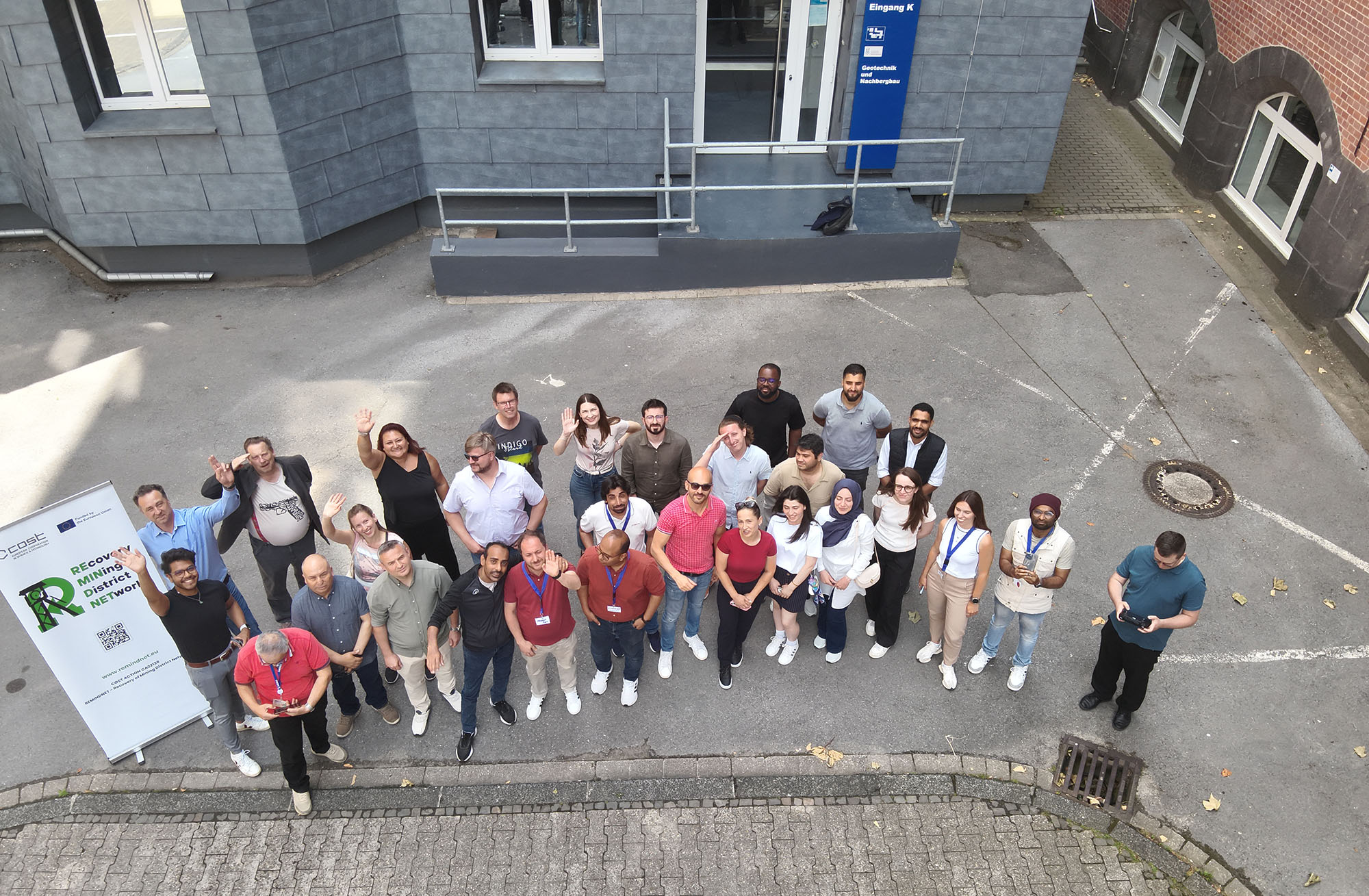
There was truly no shortage of shared experiences, intensive collaboration and increased knowledge when the REMINDNET Training School organized by FZN scientist Dr.-Ing. Tansel Dogan took place at the THGA from 24 - 28 June. With participants from Turkey, the Czech Republic, Finland, Italy, North Macedonia, the UK, Bosnia and Herzegovina, Morocco, Serbia, Bulgaria, France, Estonia and Germany, numerous partner universities from the post-mining network REMINDNET were guests in the Ruhr region. Designed as an advanced training event entitled “Latest remediation, rehabilitation and monitoring techniques and their application on the raw materials’ extraction legacies.” for doctoral students and young researchers, the event presented both proven and innovative methods for the remediation and renaturation of post-mining areas. For a more global view - after all, the challenges differ greatly from country to country - virtual tours were taken through the mostly European countries and possible solutions were analyzed.
The REMINDNET Training School facilitated an excellent international and practical exchange that looked at post-mining from multiple perspectives and included state-of-the-art technologies (e.g. in geomonitoring) in the program. Participants presented case studies on remote sensing of a post-mining landscape using QGIS and the Google Earth Engine, as well as various drones from the FZN, which are fundamentally important and versatile technical tools for geomonitoring.
The practical part also included joint excursions in the Ruhr region, where the transformation of the Ruhr region was experienced on site. The excursion program for the international guests included the German Mining Museum in Bochum, the Ewald colliery with its current forms of use in the area of local recreation and events, as well as the Nordsternpark in Gelsenkirchen. In addition, the participants worked as a team to develop innovative approaches to the conversion of post-mining landscapes - with a focus on practical examples and local value creation.
The awarding of the certificates of participation and a discussion round on 28 June marked the end of intensive days characterized by the productive collection of ideas and open exchange. The Training School proved not only the relevance of the topic (from ecological to social, economic, political and legal aspects of post-mining), but also why the transnational approach of REMINDNET is so valuable in multinational solution finding and teaching.
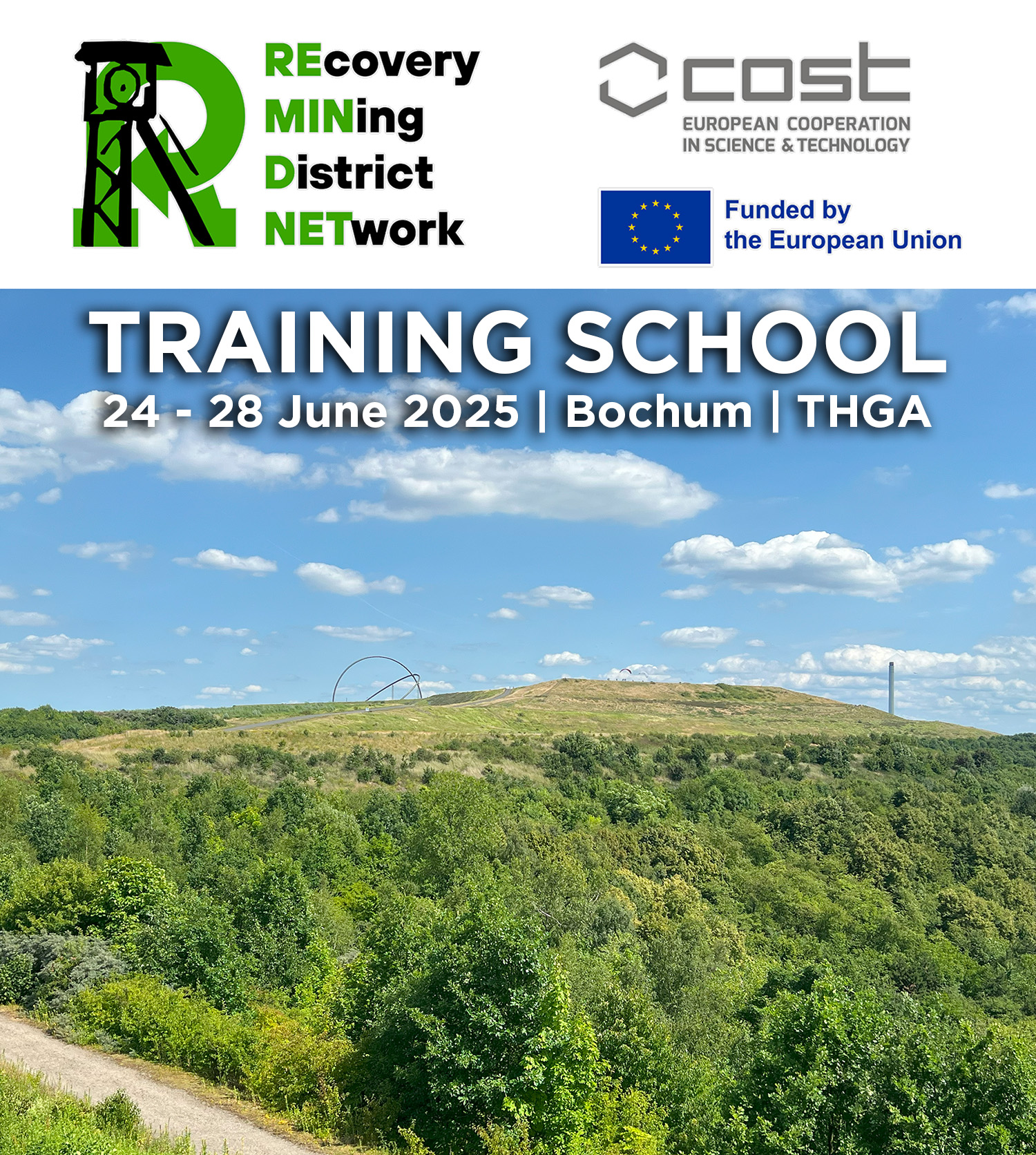
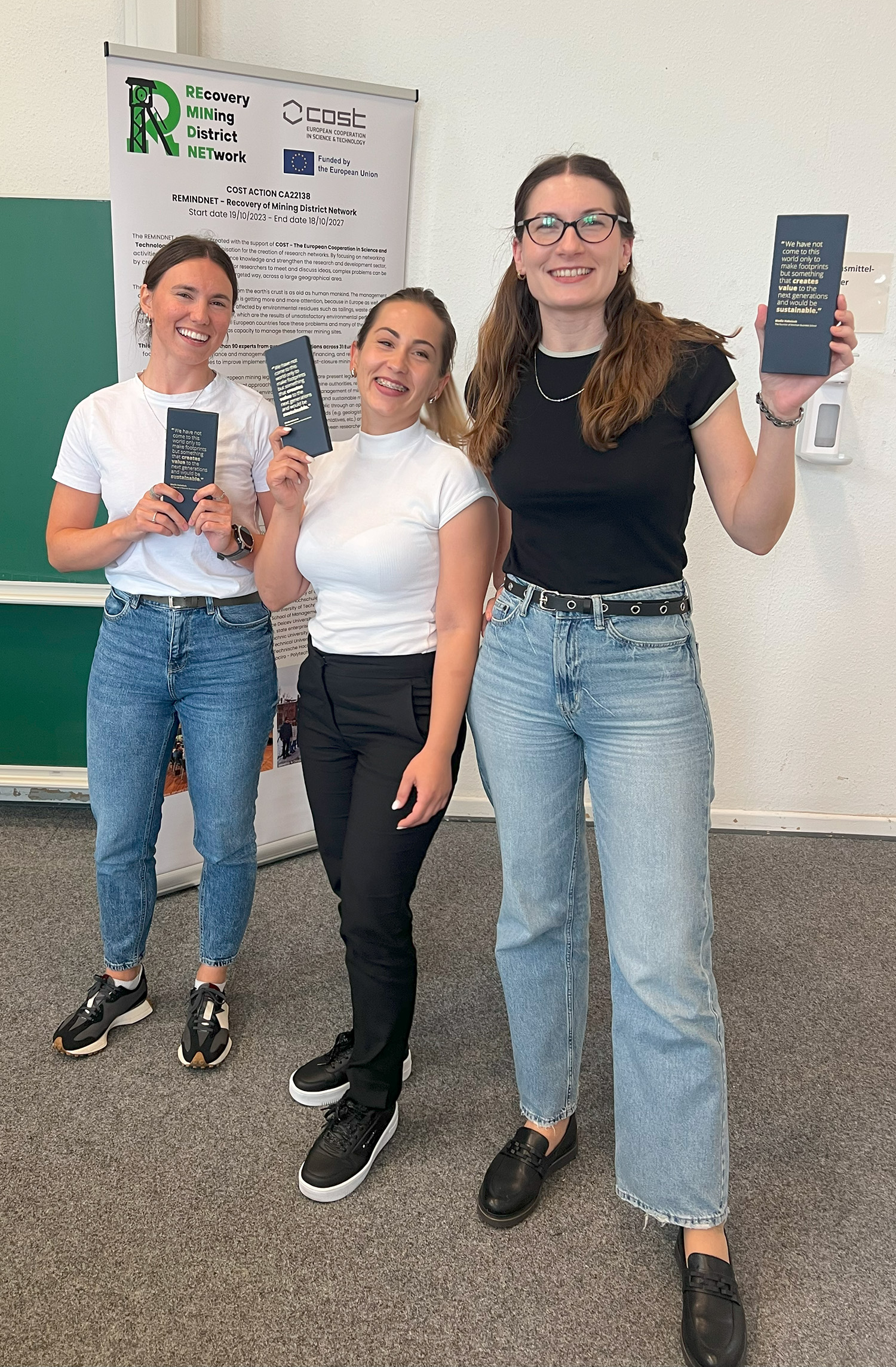
A total of four training schools are planned as part of the ongoing COST project “REMINDNET”, which runs until the end of 2027. Dr.-Ing. Tansel Dogan - organizer and lecturer of the first Training School - emphasized: "The first event was a complete success and shows in the best way how internationalization works in science! These were intensive and productive days with a great team, in which all participants from 15 different institutions and 22 countries of origin were able to benefit from the wealth of experience of the participants. I am very pleased that our REMINDNET family continues to grow."
The goal of REMINDNET: to minimize risks for people and the environment
Worldwide - and therefore also in many regions of Europe - there are numerous mining legacies that can pose a risk to people and the environment. Improperly closed or abandoned mines therefore represent a difficult legacy for governments, communities and mining companies. Both the closure of current mines and former mines require sound knowledge and methods to ensure successful remediation. However, there is often a lack of knowledge and practice in dealing with these legacy issues and the complex challenges that follow the post-mining era.
Natural scientists, geologists, engineers, social scientists, humanities scholars and economists from universities, colleges and research institutions as well as experts from public authorities, companies and NGOs have therefore joined forces to form the pan-European network REMINDNET – REcovery MINing District NETwork in order to promote the international exchange of knowledge and develop a common research agenda for dealing with the legacies of raw material extraction.
A central tool for this is the development of a European database for contaminated mining sites, which compares the current legal framework, administrative structures and management approaches across countries. By using the database, mining and regulatory authorities as well as financial institutions should be able to easily access valuable suggestions and information for a socially balanced and environmentally friendly management of mining-related contaminated sites.
The program of the REMINDNET Training School Bochum
Day 1
- Opening of the summer school, Introduction of REMINDNET project, Get to know each other, Students presentations
- Mine Closure and Rehabilitation in Mining – Dr. Stefan Möllerherm
- Process of Reclamation and Remedation in the Czech Republic – Dr. Jindřich Šancer
- Post-Mining as Opportunity to get Social Licence to Operate (MineHeritage project) - Dr. Veiko Karu
- Post-Mining Transition in the Ruhr Area - Dr. Tansel Dogan
- Visit of the German Mining Museum
Day 2
- Technical Excursion: Colliery Nordstern
- Technical Excursion: Colliery Ewald
Day 3
- Managing Post-Mining Hazard - Dr. Marwan Al Heib
- From Space to Site: Remote sensing methodologies for environmental monitoring in post-mining areas - Dr. Vancho Adjiski
- From Pixels to Practice: Remote sensing case study of a post-mining landscape - Dr. Vancho Adjiski
- Advanced Monitoring of Post-mining Areas - Dr. Stefan Möllerherm
- Stability Case Study: Monitoring of the Underground Sand Mine in Estonia - Dr. Veiko Karu
- Case Studies in Managing Post-mining Hazard - Dr. Marwan Al Heib
Day 4
- Comprehensive Overview of Dry Stack Tailings Technology - Dr. Erol Yilmaz
- Non-invasive Near Real-time Structural Health Monitoring of Tailings Facilities: A case in Finland - Dr. Raul M Canales
- Legal Aspects of Mine Closure with Examples from Different Countries - Dr. Marwan Al Heib / Dr. Tansel Dogan / Dr. Veiko Karu
- Financing Reclamation and Management of Legacy Mine Sites - what global practice is working best? - Dr. Raul M Canales
- Use of Abandoned Mines and Possibilities of Usage of Surface infrastructure and Brownfields - Dr. Jindřich Šancer
- Workhop "How to reuse the mined area and infrastructure?" - Dr. Veiko Karu
Day 5
- Environmental Remediation after ISL Uranium Mining in the Czech Republic - case study and movie
- Group Working: Post-mining examples from other countries based on REMINDNET database - Dr. Vancho Adjiski
- Practical work with drones - Dr. Marcin Pawlik / Hernan Flores
- Closing Ceremony with Discussion
- Besuch der ExtraSchicht (optional)
Contact
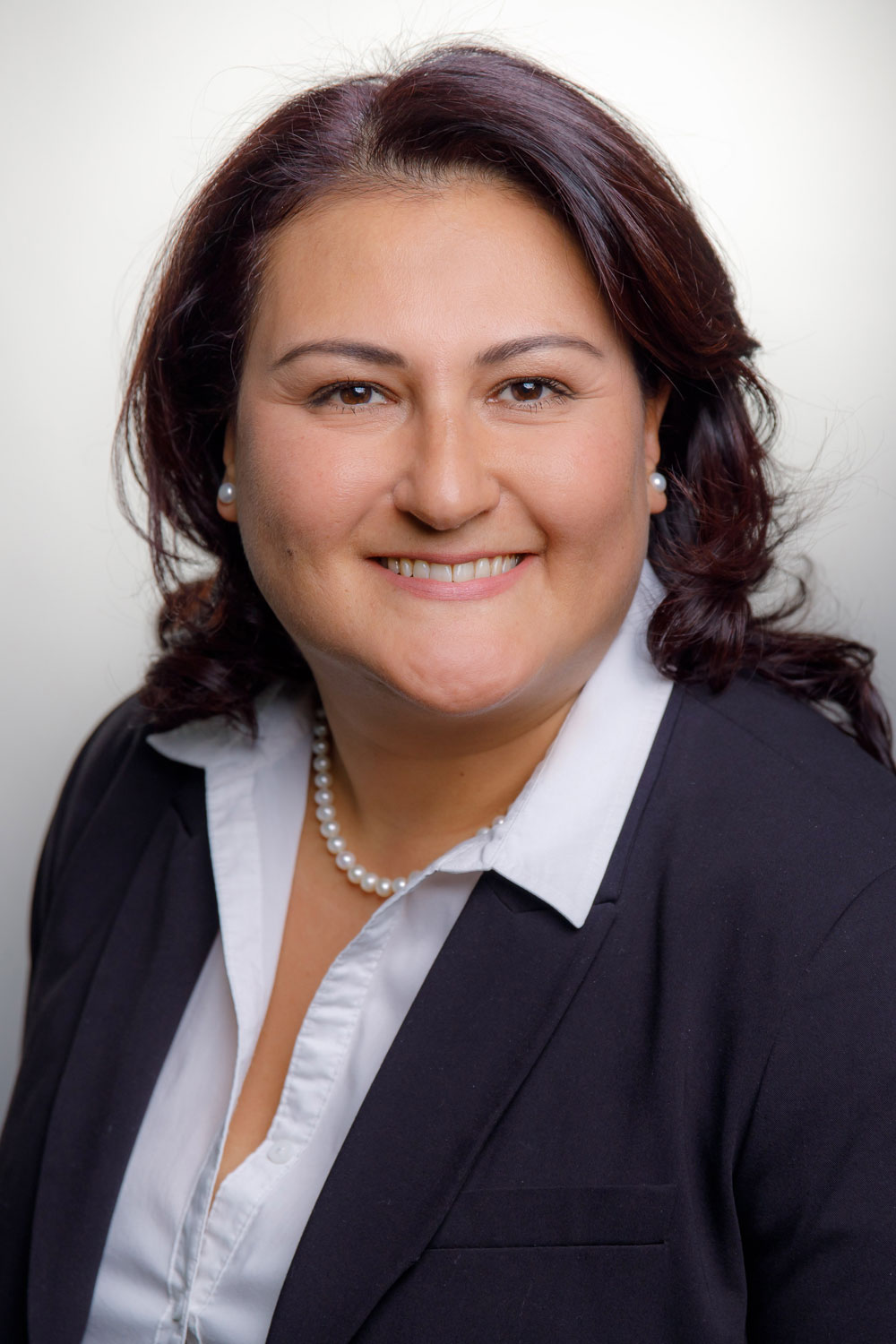
Dr.-Ing. Tansel Dogan
Research Center of Post-Mining
Herner Straße 45
44787 Bochum
Building 2, room 209
Phone 0234 968 3227
Mail tansel.dogan@thga.de


